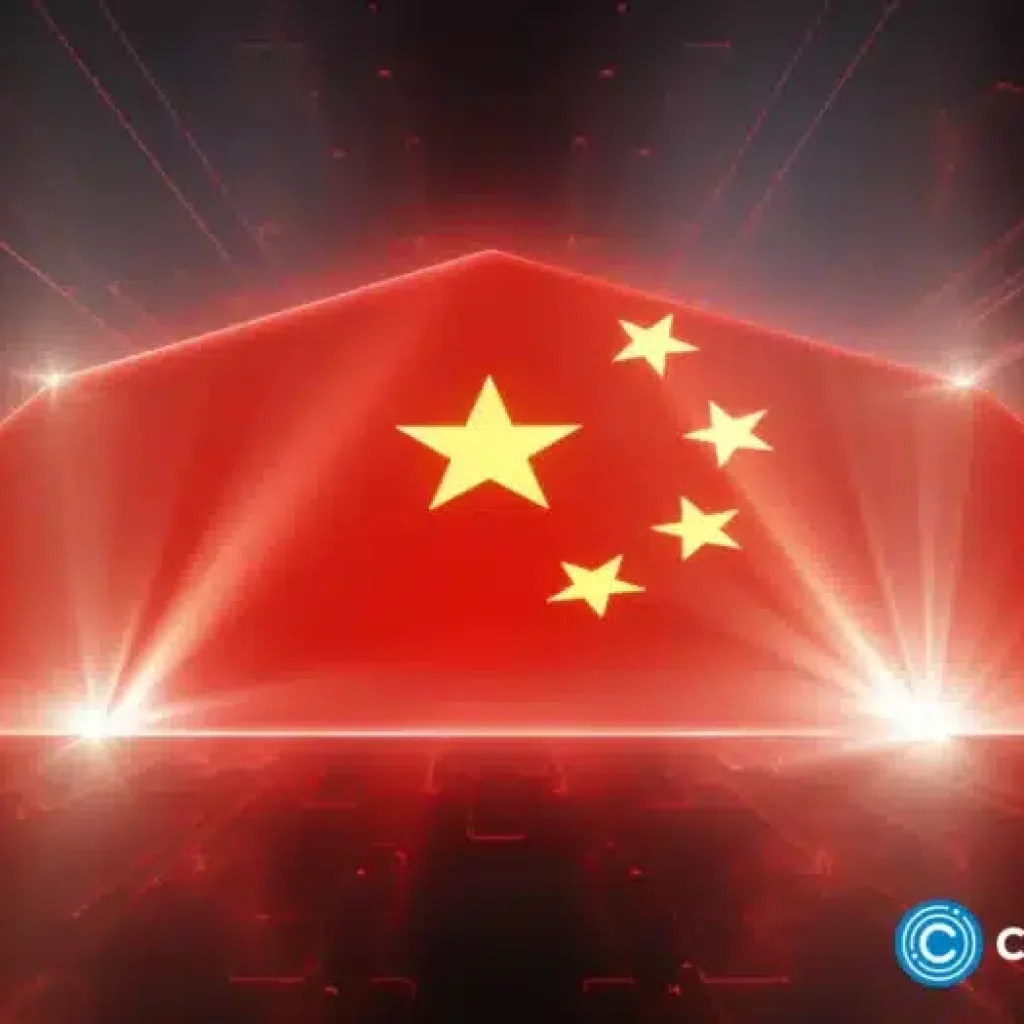
The German government proposed tighter export controls on China for semiconductors and AI technology similar to measures from U.S. regulators.
The vice chancellor of Germany has reportedly proposed tightening the screening process for foreign direct investment from China, according to reports from local media outlets.
Rober Habeck, a member of the Green coalition and federal minister for economic affairs and climate action, said the tightening of restrictions on Chinese foreign investment would be in “critical sectors,” which include semiconductors and artificial intelligence (AI).
It aims to consolidate and simplify a number of existing rules pertaining to sectors in which China is dominant, such as those mentioned above. He also reportedly proposed cracking down on Chinese efforts to bypass existing rules.
This proposal comes a month after comments from Annalena Baerbock, Germany’s minister for foreign affairs, during a speech warning of China becoming increasingly “repressive internally and more aggressive externally.”
China hat sich in den letzten Jahren so rasant verändert, wie vielleicht kein anderes Land. Wer #China zuhört, weiß, mit welchem Selbstbewusstsein es die Entwicklung dieses Jahrhunderts prägen wird. Mit der #ChinaStrategie geben wir uns für unsere Beziehungen den Kompass. 1/5
— Außenministerin Annalena Baerbock (@ABaerbock) July 13, 2023
Reportedly, the measures proposed by Habeck don’t focus on outbound investment into Chinese tech industries. This, however, was of primary focus in recently finalized rules coming from the United States, which are being considered by many European countries, including Germany, France and the United Kingdom.
The proposed legislation is awaiting remarks from various government departments before becoming official. German officials are also in the process of discussing AI regulations.
Germany is the largest economy in Europe and has China as its largest trading partner, according to official statistics from the German government.
Cointelegraph reached out to the German Ministry of Economic Affairs and Climate Action for further comment on the situation.
Related: China proposes to bring its social credit system to the metaverse: Report
These moves out of Germany follow an ongoing quid pro quo between China and the U.S. regarding AI development and deployment.
After multiple instances of the U.S. tightening export controls and investment opportunities, China announced it would be tightening controls around the exports of crucial chip-making materials.
The U.S. then responded by revealing plans to restrict China’s access to cloud computing services. Though most recently, it has released a series of new rules regarding investments both from and to China in these two “critical sectors,” among others.
Meanwhile, in China, lawmakers have officially released and instated their regulations surrounding the development and deployment of AI in the country.
Magazine: Real reason for China’s war on crypto, 3AC judge’s embarrassing mistake: Asia Express





